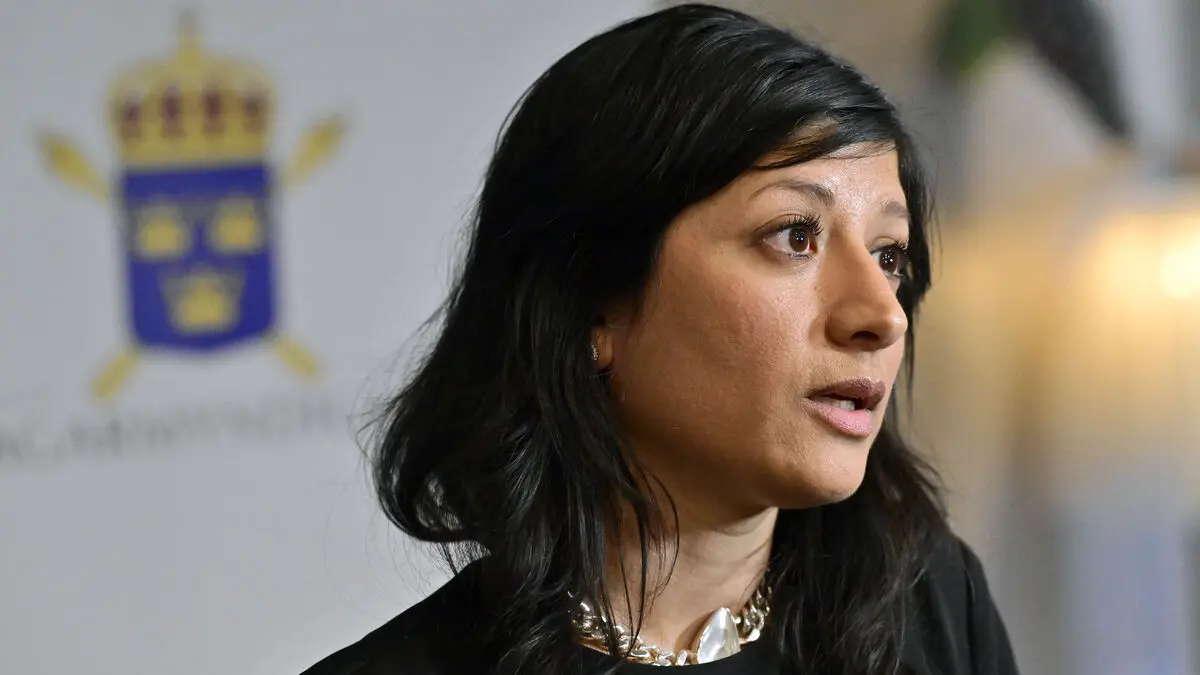53-year-old Lina Ishaq was sentenced on Tuesday to twelve years in prison for crimes against humanity, genocide and serious war crimes, after she participated in the enslavement of nine Yazidi women and children in al-Raqqa during the IS caliphate in Syria.
The Svea Court of Appeal thus upheld the previous ruling this year from the district court – and breaks new ground internationally as it is the first time a court has ruled according to the provision in the Genocide Convention that specifically protects children.
“Pioneering” verdict
Eurojust describes the Swedish ruling as "groundbreaking" and writes in a press release that it is very important for any future prosecutions targeting the forced displacement of children in war and conflict.
The district court judgment has already been translated into English, Arabic and French through the Eurojust project IMPNA.
"That's because it contains so many guiding conclusions. It's incredibly important that the Court of Appeal upholds the conclusions of the district court," says attorney Reena Devgun, who led the investigation into Lina Ishaq.
The Swedish investigation has been conducted in collaboration with France, the Netherlands and Belgium, coordinated under Eurojust. Several similar prosecutions are underway in other countries.
Our legislation is based on the same basic conventions, which means that interpretations of the legal situation are also guiding internationally, says Devgun.
Not intentional killing
The verdict is also the first in Sweden regarding IS attacks on the Yazidi minority and the first where someone is convicted of crimes against humanity. Among other things, it is important that the Court of Appeal establishes that an act of genocide can include a number of different acts, Devgun believes.
This is not about intentional killing, but about acts that subject the victims to severe suffering that are considered to meet the requirements to constitute this crime.
The court also says that life sentences can be imposed for genocide without intentional killing, although this was not the case for Lina Ishaq.
From our perspective, it is actually a very important position, says Rena Devgun.
53-year-old Lina Ishaq from Halmstad is convicted of keeping six children and three women as slaves during the winter and spring of 2015 in her home in al-Raqqa, Syria, then the capital of the IS caliphate in Syria.
The crime is assessed by the Svea Court of Appeal to constitute a crime against humanity, genocide and a serious war crime.
The court has found that Ishaq "shared IS's aim to at least partially annihilate the Yazidi people."
According to the court, the penalty is equivalent to sixteen years in prison, but since Ishaq was already sentenced to six years in prison for a serious war crime in 2020, the additional penalty is set at twelve years in prison.
The nine children and women were captured along with thousands of others in connection with the IS attack on the Yazidis at Sinjar in northern Iraq in August 2014. Their male relatives were murdered.






